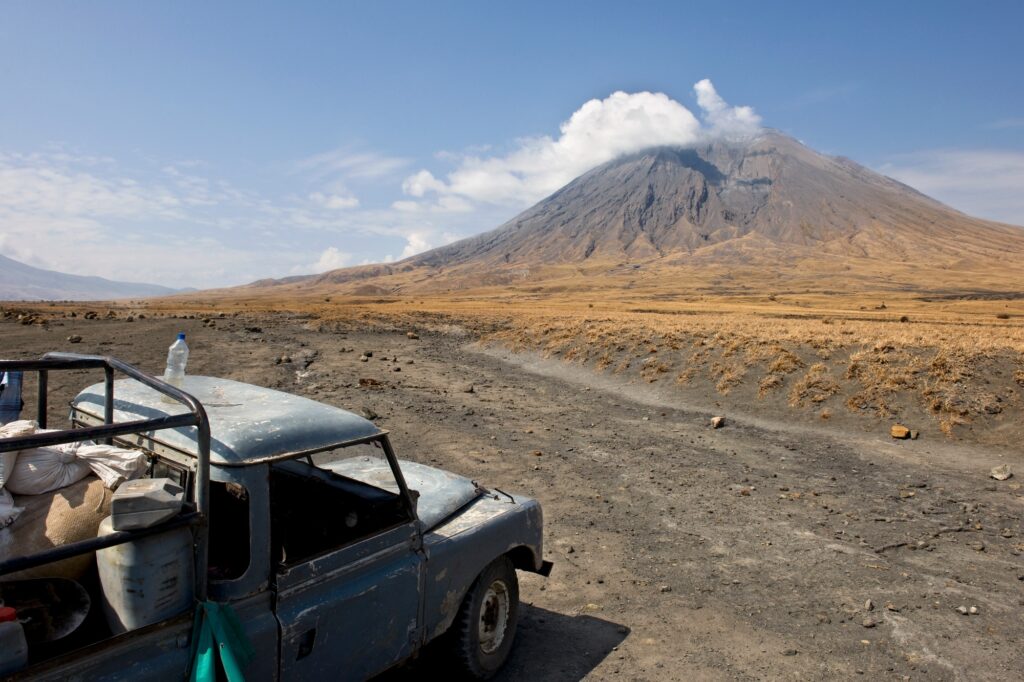Key Takeaways
- Tanzania’s parliament rejected a groundbreaking proposal that could have eased land ownership for the diaspora, maintaining restrictions for non-citizens.
- The proposed bill aimed to introduce special land rights through the “Tanzanite Card” but was excluded from the final law.
- The decision disappointed the diaspora, which had anticipated easier access to investments and property ownership in their home country.
When discussing immigration, one of the most critical issues for diasporas is the ability to invest in their homeland. For Tanzanians abroad, this has long been hampered by restrictive laws, especially concerning land ownership. However, in 2024, a glimmer of hope emerged. A new bill promised to eliminate these barriers, granting the diaspora legal means to own, inherit, and sell land. So, what went wrong?
What Did the Bill Propose?
The proposed bill included amendments to Tanzania’s Land Act and Immigration Act. Its primary goal was to create a “special immigration status” for Tanzanians living abroad who are non-citizens. This status would grant the following rights:
- The ability to own land through a special “derivative right.”
- Legalization of land-related transactions, including inheritance and purchases.
- Easier access to economic and social opportunities within Tanzania.
To emphasize the significance of these changes, the government proposed the introduction of the “Tanzanite Card”—an official document verifying special status. Cardholders would be allowed to engage in economic activities and enjoy legal protections for land transactions.
Why Did Parliament Reject It?
Despite initial discussions and support, the amendments were removed from the final version of the bill. Parliament decided to exclude these changes, and the president signed the law without them on October 2, 2024.
While no official reasons were provided, several plausible factors stand out:
- Political Pressure. The topic of diaspora access to land likely sparked divisions within the government.
- Fear of Losing Control. Land ownership is a sensitive issue for many nations, and Tanzania may have feared loosening its grip on this vital resource.
- Systemic Readiness. Technical and legal hurdles in implementing the changes may have posed significant challenges.
What Does This Mean for the Diaspora?
For Tanzanians living abroad, this decision was a significant setback. The ability to own land would not only symbolize trust but also pave the way for economic contributions to the country. Moreover, it could have unlocked new avenues for development by attracting capital, knowledge, and technology from abroad.
In reality, the diaspora remains barred from direct land ownership, complicating any investment plans. This decision leaves Tanzania in a position where it risks missing out on the benefits that talented and successful individuals from its diaspora could bring.
Future Prospects
While the current law does not include diaspora-focused amendments, there remains a possibility for their reconsideration. Public pressure or an increasing need for foreign investments might push the government to revisit this issue. For now, however, this remains an unrealized dream for the diaspora.










